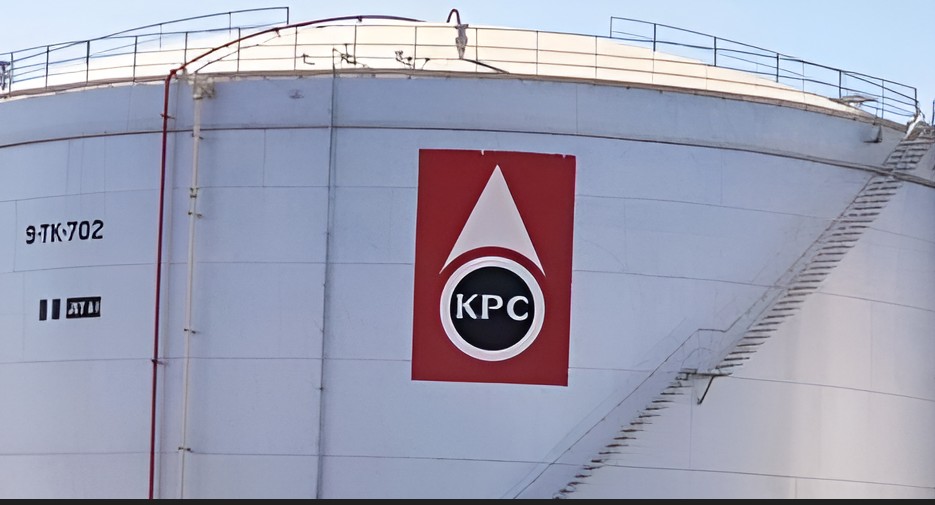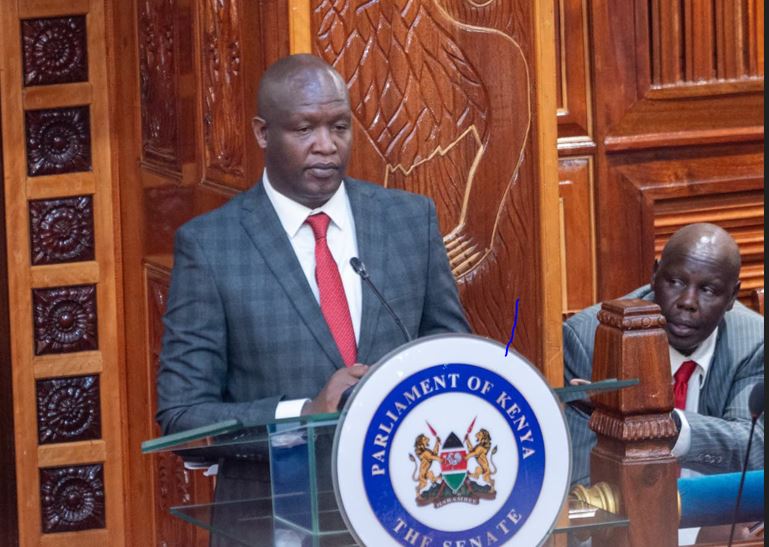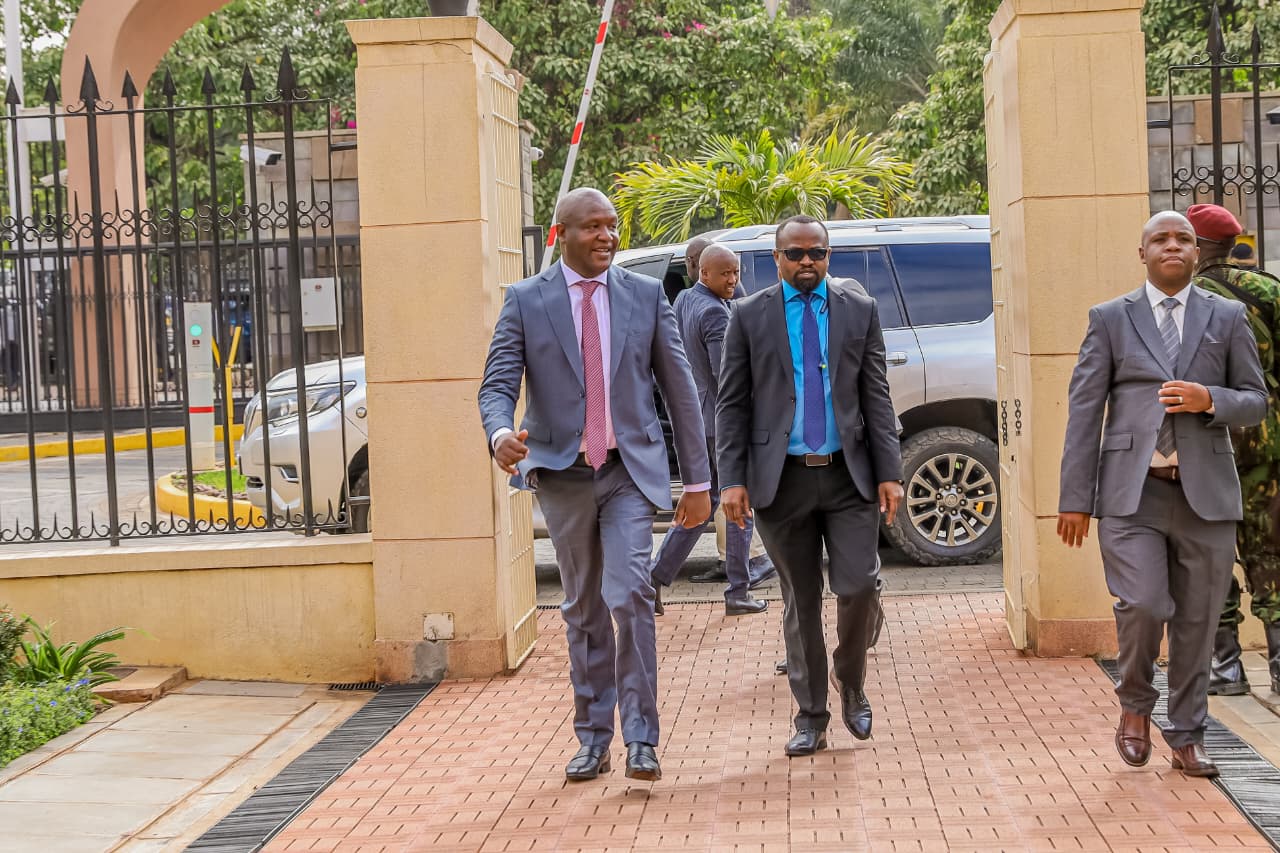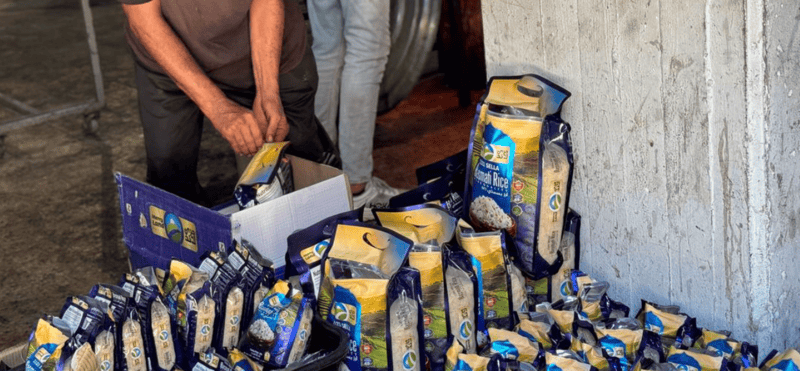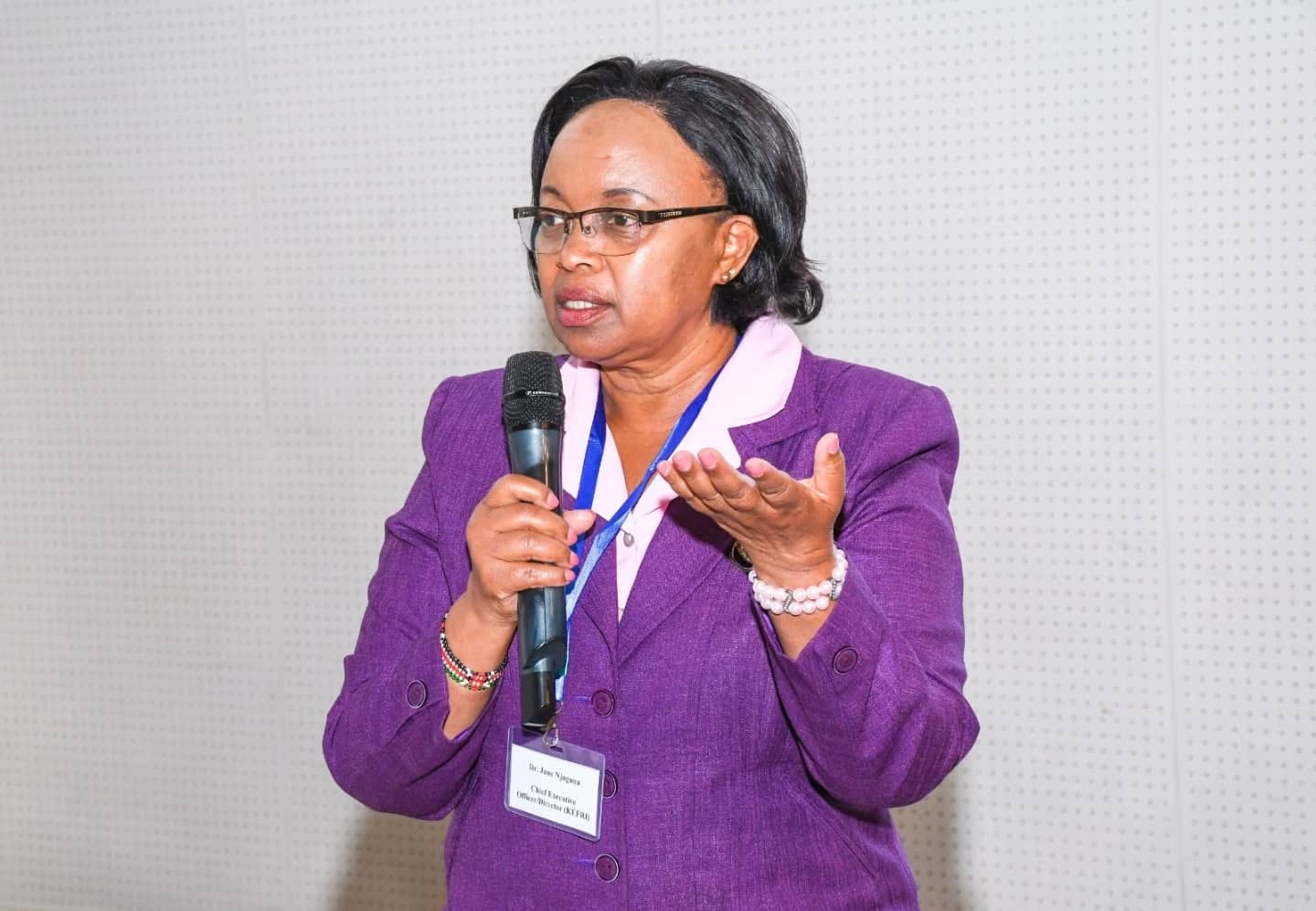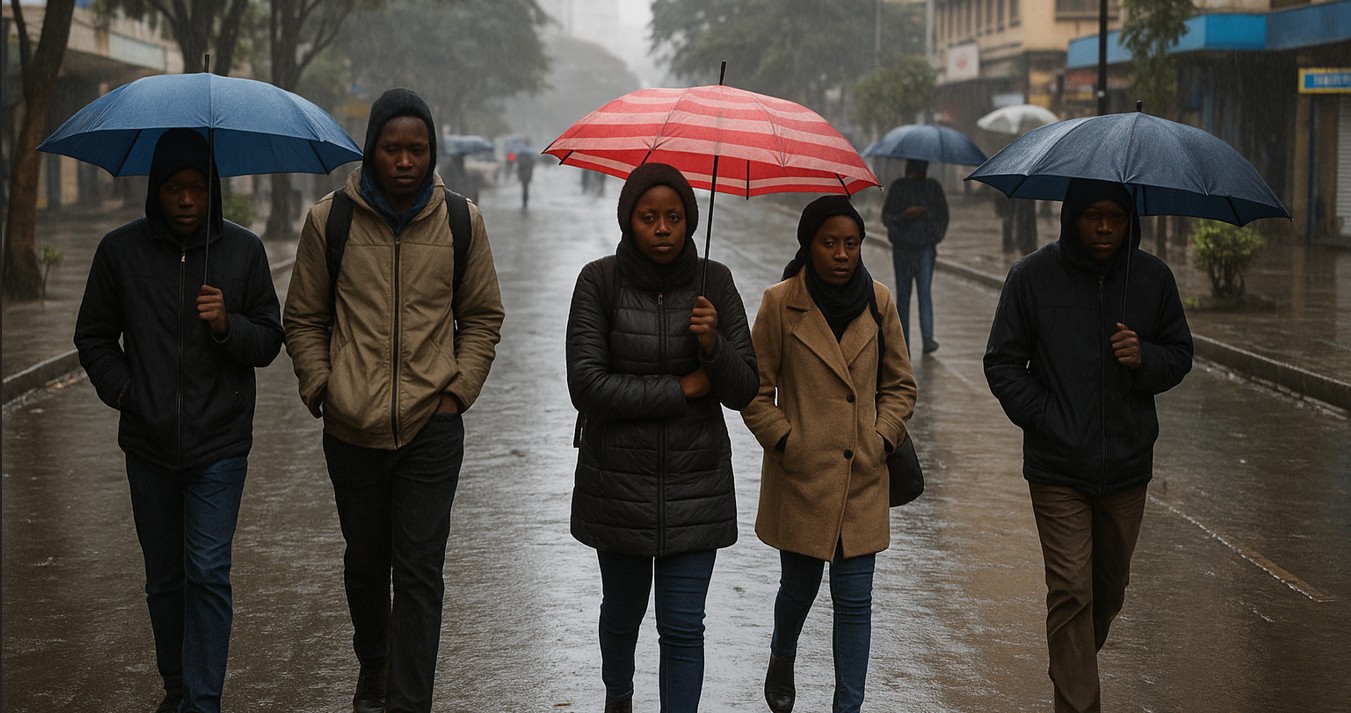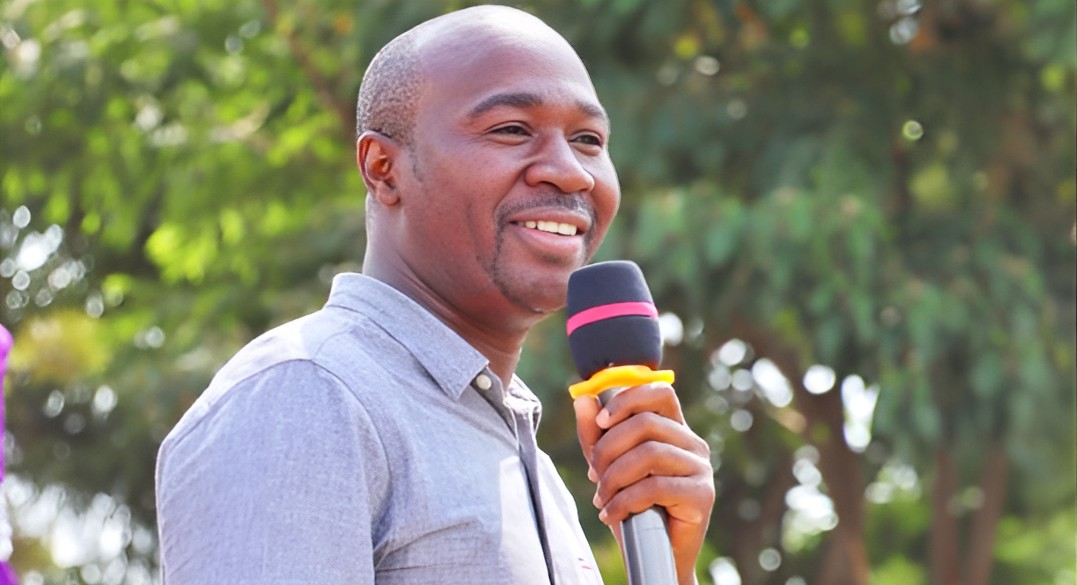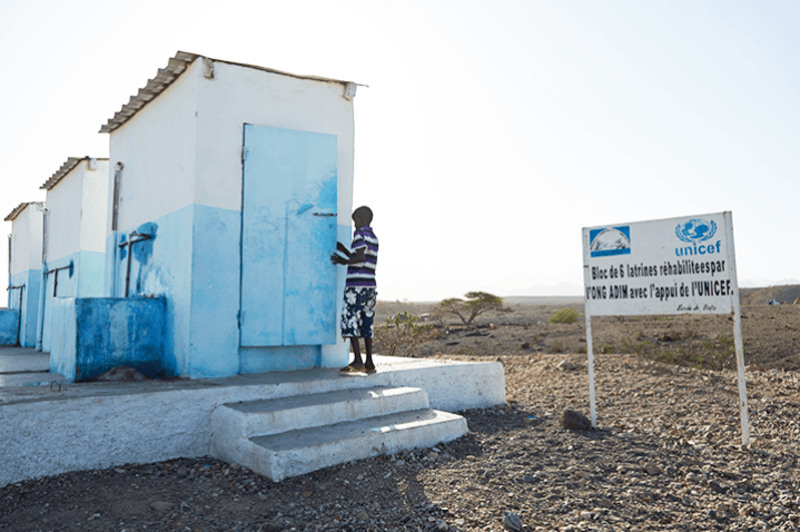DCI launches multi-agency operation in Maai Mahiu after BBC exposé on child sex trafficking
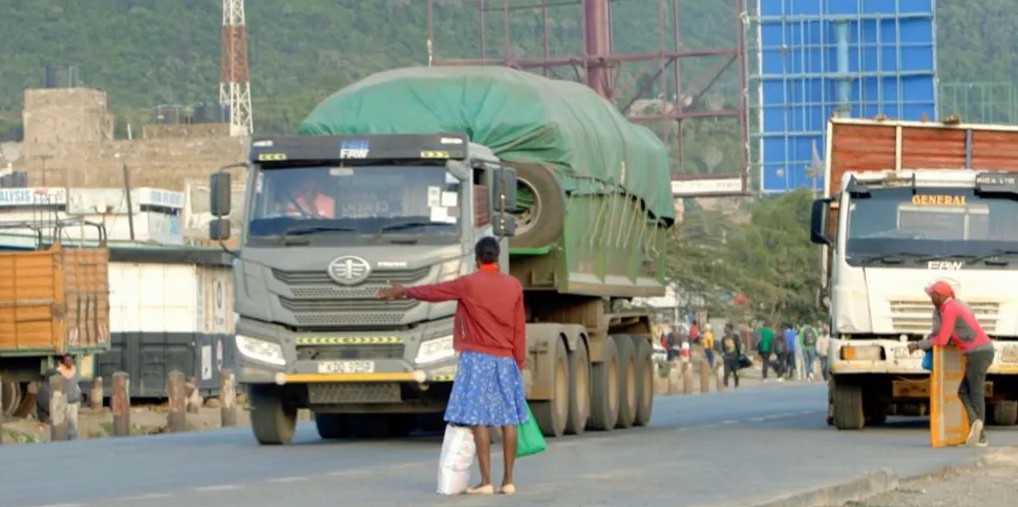
In a statement released on Wednesday, the DCI said a team comprising officers from various agencies, including the Anti-Human Trafficking and Child Protection Unit, had been deployed to the region to track down perpetrators and rescue victims.
The Directorate of Criminal Investigations (DCI) has launched a multi-agency investigation into child sex trafficking in Maai Mahiu, Nakuru County, following a BBC Africa Eye documentary that uncovered the exploitation of minors in the area.
In a statement released on Wednesday, the DCI said a team comprising officers from various agencies—including the Anti-Human Trafficking and Child Protection Unit (AHTCPU)—had been deployed to the region to track down perpetrators and rescue victims.
More To Read
- DCI launches probe into rise of juvenile gangs in Nairobi's Umoja estate, environs
- BBC responds to Murkomen’s allegations over Mai Mahiu documentary
- Women governors demand probe into child exploitation in Maai Mahiu
- DPP orders DCI to probe Maai Mahiu child sex trafficking claims within 7 days
- Bullet in broad daylight: How cameras, courage and OSINT are unmasking Kenya’s police brutality
- DPP granted more time to decide on charges for four filmmakers linked to BBC's 'Blood Parliament' documentary
“The National Police Service (NPS) has taken note of the BBC Africa Eye documentary titled Madams: Exposing Kenya’s Child Sex Trade. We recognise the urgency and gravity of the issues raised and are treating them with the seriousness they deserve,” said NPS Spokesperson Muchiri Nyaga.
He added that statements had already been taken from three persons of interest, and immediate steps were underway to identify, rescue, and support the affected children.
“Investigations are ongoing, with the aim of arresting and prosecuting the perpetrators,” he said.
The NPS reiterated its commitment to protecting children in line with Article 53(1) of the Constitution and Section 8 of the Children Act (2022), stating that all cases involving trafficking, abuse, and exploitation would be thoroughly investigated to ensure the safety and well-being of every child.
“We must reaffirm a fundamental tenet: that our children are our future,” the detectives said.
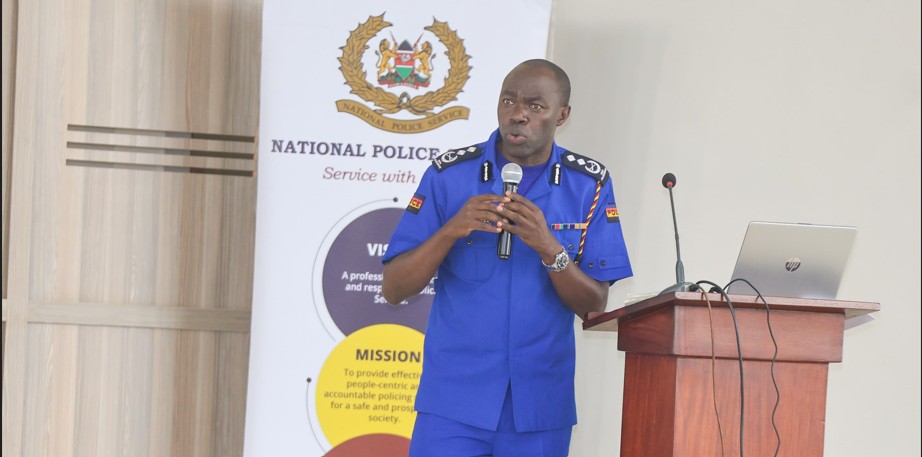 National Police Service Spokesperson Muchiri Nyaga. (Photo: NPS)
National Police Service Spokesperson Muchiri Nyaga. (Photo: NPS)
Online child sexual exploitation
Police also raised the alarm over the growing threat of online child sexual exploitation. Nyaga said this concern led to the creation of a specialised forensic cybercrime unit—the first of its kind in Africa—connected directly to INTERPOL’s International Child Sexual Exploitation (ICSE) database.
“This unit, staffed by cybercrime experts, works closely with the International Victim Identification Network (VIN) to identify and rescue children depicted in exploitative online content,” he said.
The NPS urged the public to work with law enforcement and report any information that could help dismantle child trafficking and exploitation networks.
“Anyone with information regarding this criminal network is encouraged to contact the nearest police station, a law enforcement officer, or use the following confidential and toll-free numbers: 999, 112, #FichuakwaDCI, 0800 722 203, or the end-to-end encrypted WhatsApp number, 0709 570 000,” Nyaga said.
He reaffirmed the police service’s dedication to holding offenders accountable.
“The NPS reaffirms its unwavering commitment to safeguarding Kenya’s children and ensuring that those who exploit or harm them face justice,” he said.
Recruiting and coercing girls
The BBC investigation revealed how women, known as “madams,” are recruiting and coercing girls as young as 13 into prostitution in Maai Mahiu.
The town, situated about 50 kilometres west of Nairobi along a key transport corridor to Uganda, Rwanda, South Sudan, and the Democratic Republic of Congo, is known for commercial sex work and is now exposed as a centre of child sexual exploitation.
Two undercover BBC reporters posing as aspiring madams spent months infiltrating the local sex trade earlier this year.
During covert filming, two women openly acknowledged the illegal nature of their activities and introduced the journalists to underage girls engaged in prostitution.
In one disturbing scene filmed at night, a woman identified as Nyambura is heard laughing and saying: “Dem still be children, so e dey easy to manipulate dem wit just sweets.”
The BBC submitted all its findings to Kenyan police in March.
However, the authorities say they have yet to locate the suspects and victims shown in the footage, and no arrests have been made so far.
The documentary also underscored the challenges of securing convictions in Kenya, with police often relying on the testimony of child victims, many of whom are too traumatised or fearful to testify.
Top Stories Today
